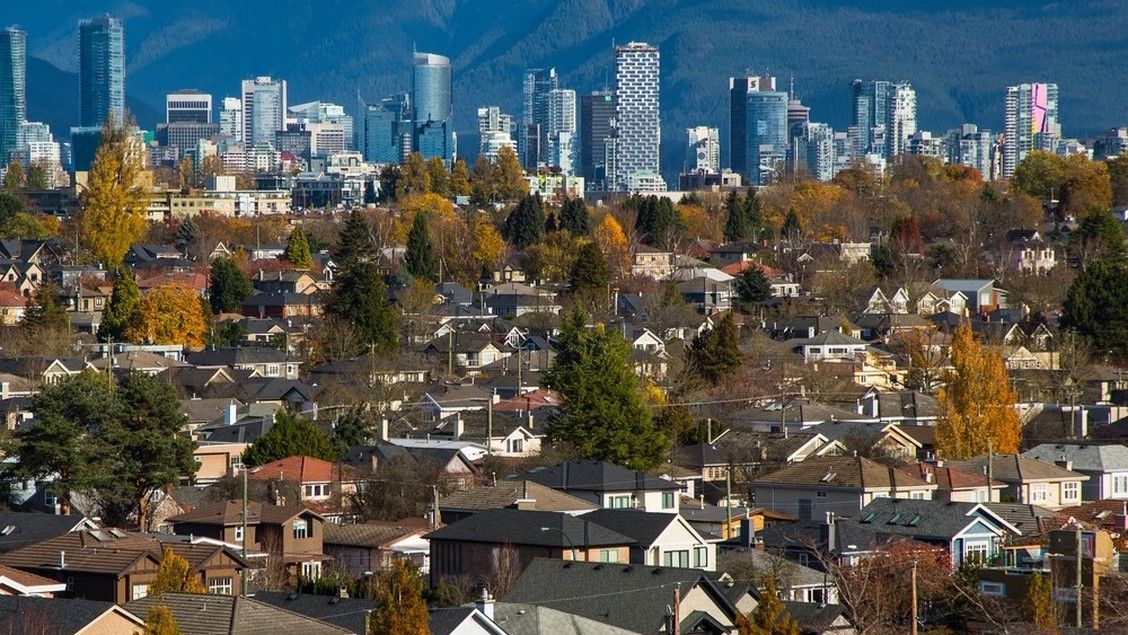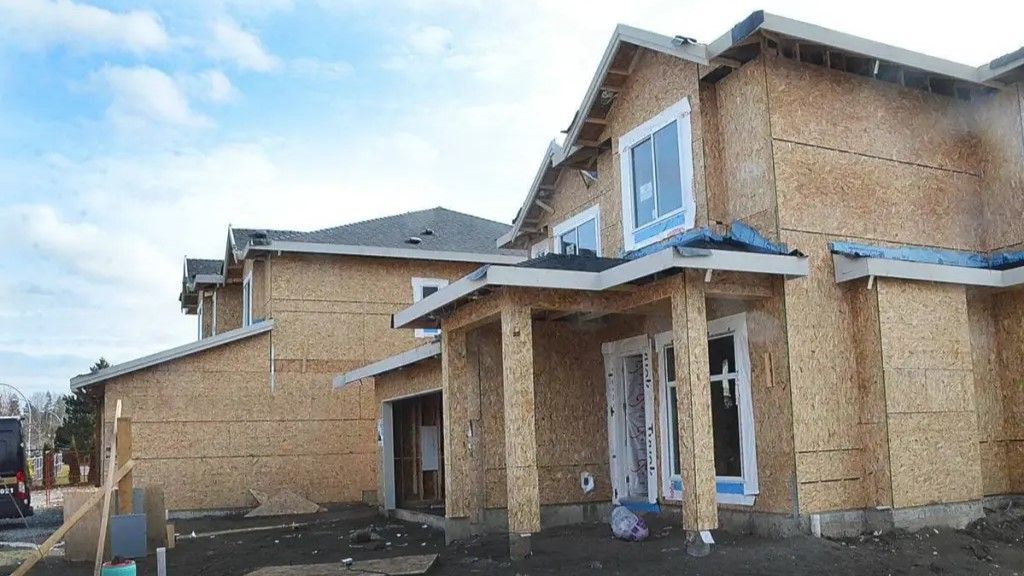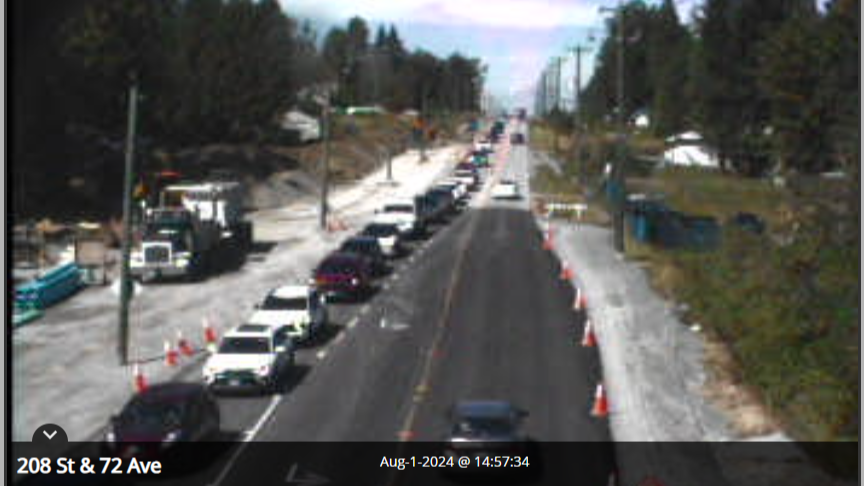🚫 Federal government extends foreign buyer ban on Canadian homes to 2027 🏠

Foreign nationals and companies will be banned from buying residential properties in Canada for an additional two years, the federal finance minister said Sunday, the latest in a raft of measures aimed at addressing housing affordability concerns that have dogged the governing Liberals for months.
Chrystia Freeland announced the extension in a statement, saying Canada is extending its foreign homebuyer ban up until 2027.
Under the ban, which came into effect last year and was set to expire at the beginning of 2025, foreign commercial enterprises and people who are not Canadian citizens or permanent residents are prohibited from purchasing residential property in Canada.
There are some exceptions, including for those with temporary work permits, refugee claimants and international students who meet certain criteria.
Non-Canadians found in contravention of the ban would be fined up to $10,000 and ordered to sell the property.
“By extending the foreign buyer ban, we will ensure houses are used as homes for Canadian families to live in and do not become a speculative financial asset class,” Freeland said in the statement.
“The government is intent on using all possible tools to make housing more affordable for Canadians across the country.”
The federal government said it wanted to extend the program by two more years because it knows Canada’s housing challenge will not be solved by the end of 2024, and they want to see how the market changes. A lot of the data linked to this ban remains preliminary, even from the private sector, because it has only been in place for a year, Freeland’s office said.
Statistics Canada data from 2020, the most recent year on record, showed seven per cent of B.C.’s supply of condominiums were owned by non-residents for investment purposes. The number stood at 5.6 per cent in Ontario.
The investment properties were concentrated in the downtown cores of Vancouver and Toronto, the data shows.
Tom Davidoff, associate professor at the UBC’s Sauder School of Business, questioned whether the move would have much effect on overall housing affordability.
While he saw no pressing need to scrap the measure, he said the combination of empty homes taxes and provincial foreign buyer taxes have taken the air out of the foreign buying phenomenon.
“How much juice is left in that lemon to squeeze? Because foreign buying has been obliterated in B.C. and Ontario by these taxes and so you’re left with markets that have been less adversely impacted,” Davidoff said in a phone interview.
But the government argues the ban is not intended as a magical solution to a complicated problem, framing it instead as a single tool in a wide-ranging tool box it is using to address Canada’s housing challenges.
It says the foreign homeowner ban works in conjunction with other measures it recently announced to increase the number of homes available to Canadians. That includes the removal of the GST on new purpose-built rentals and doling out billions to municipalities for housing.







